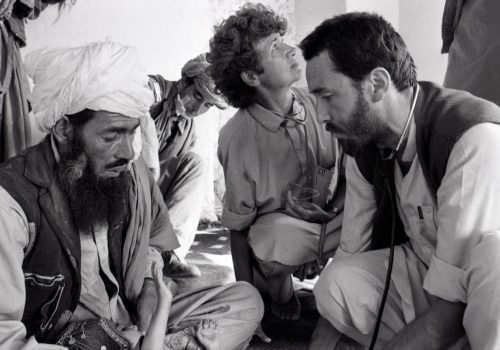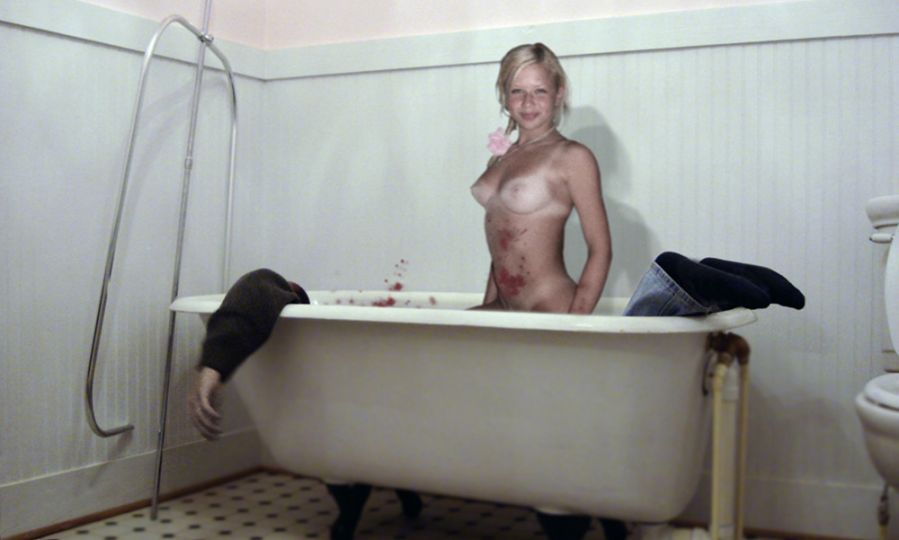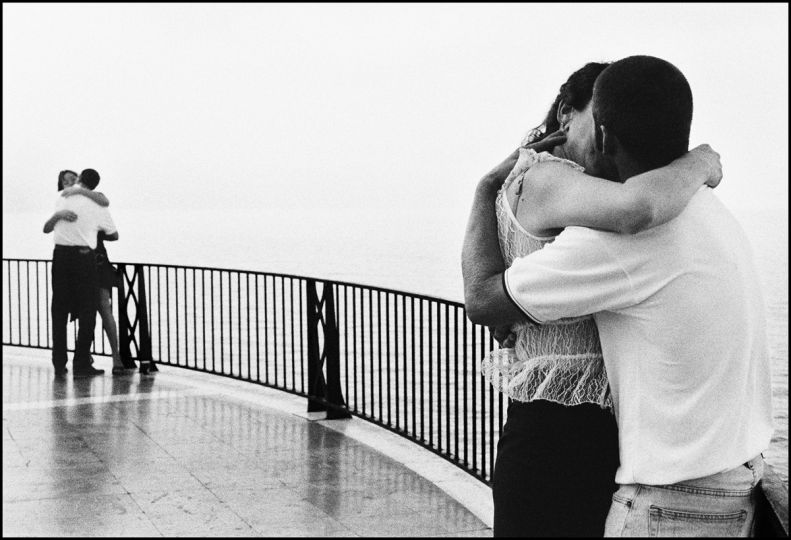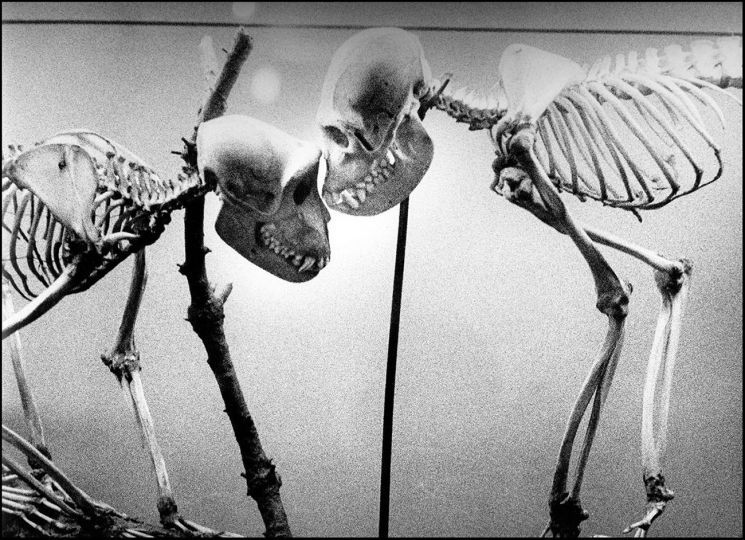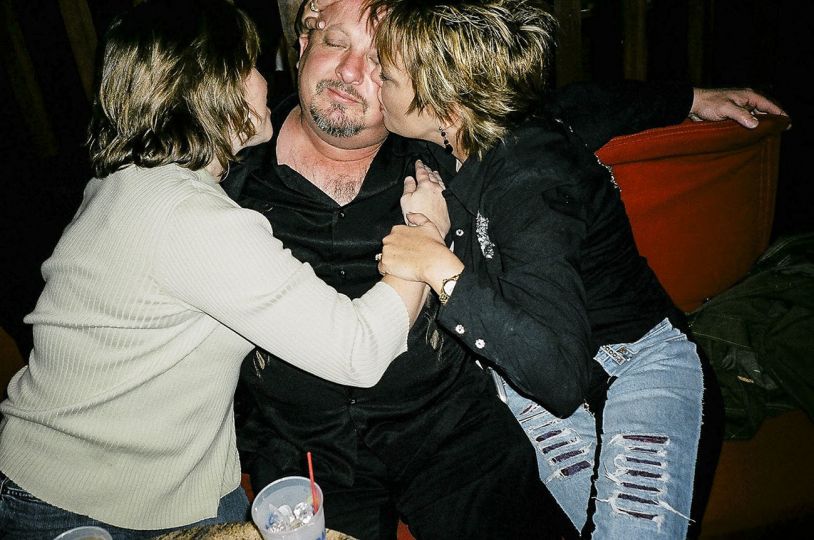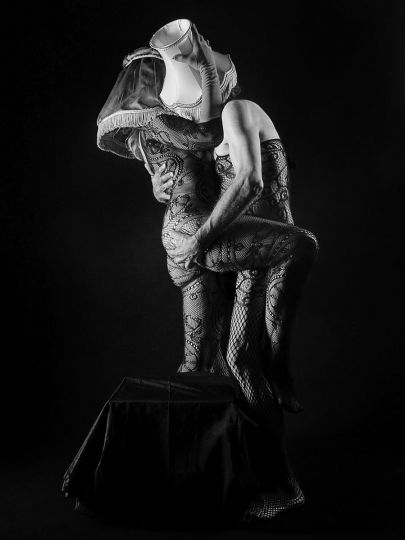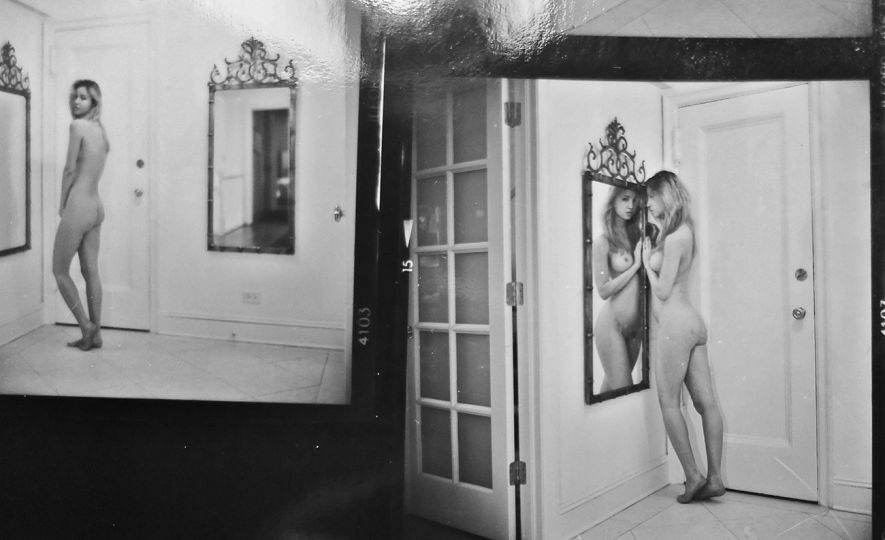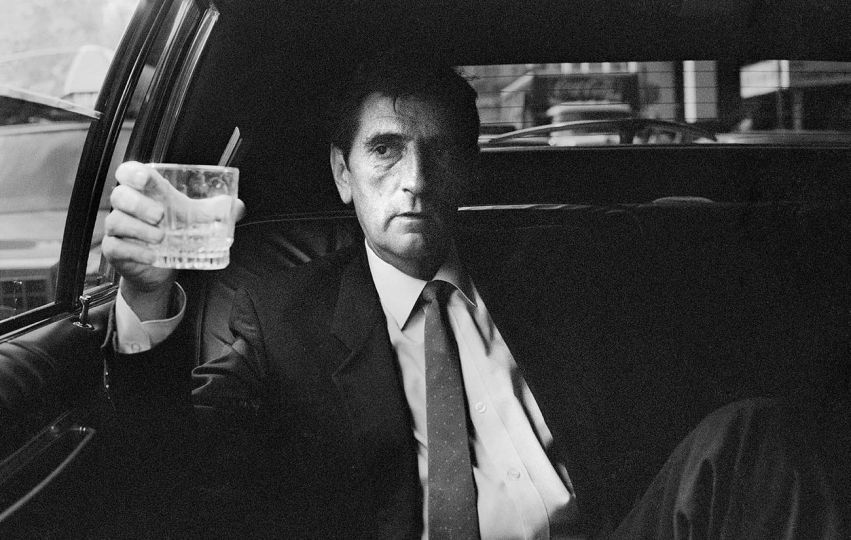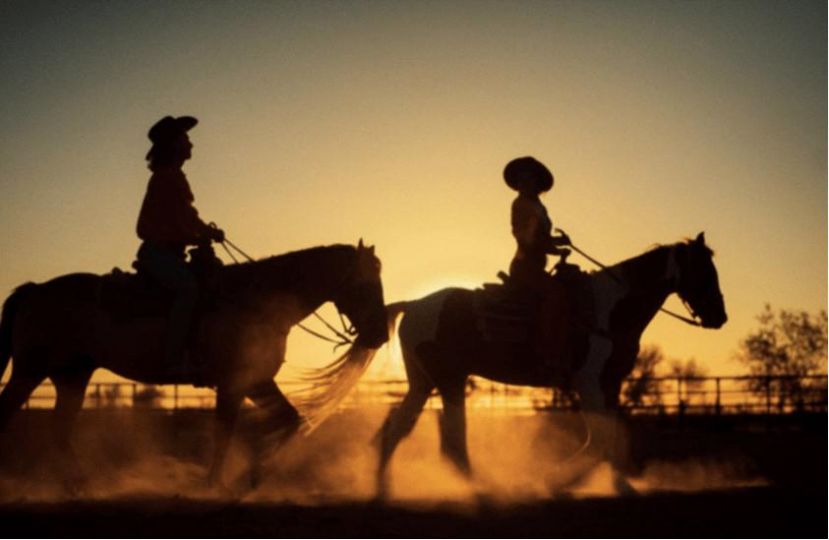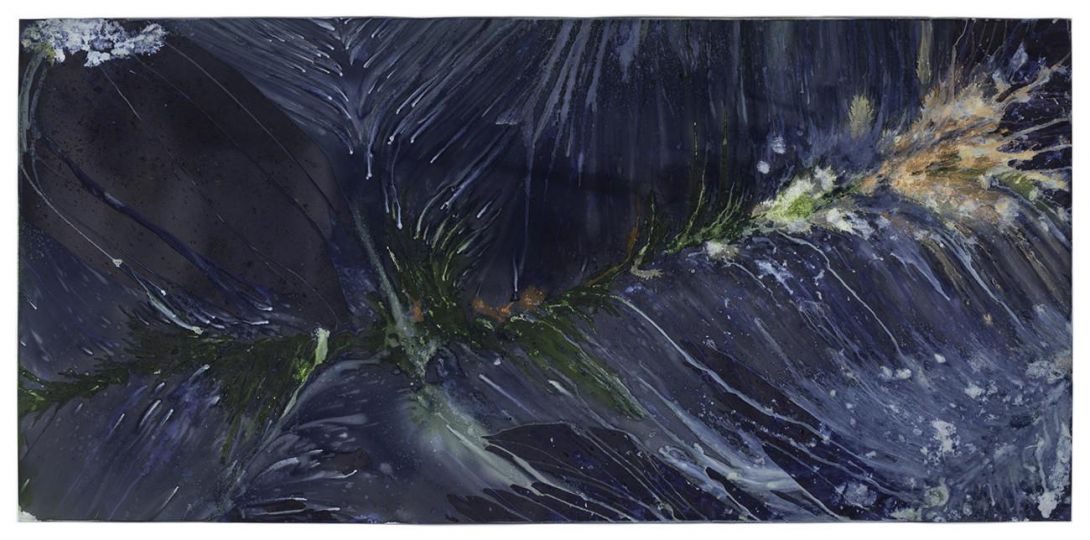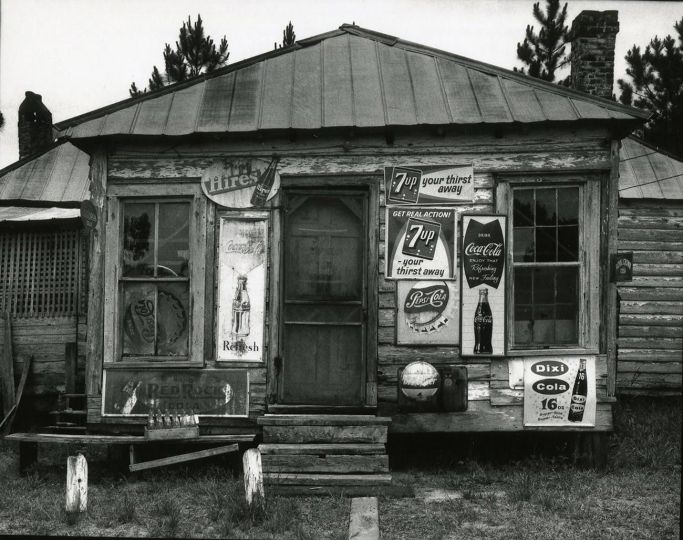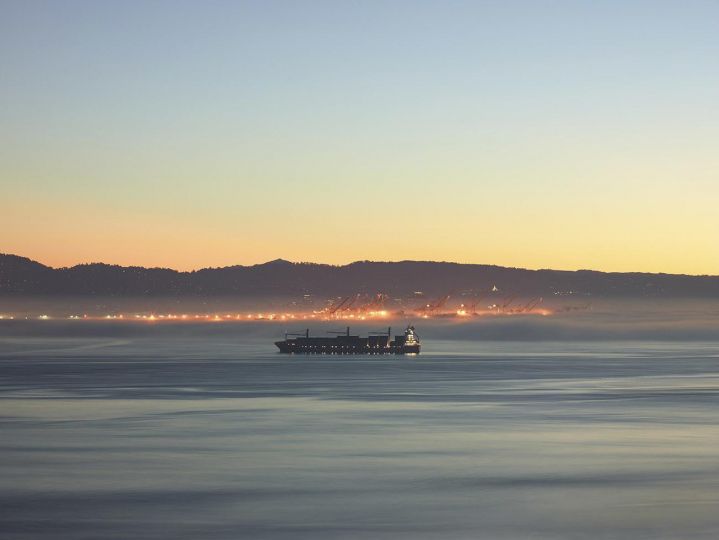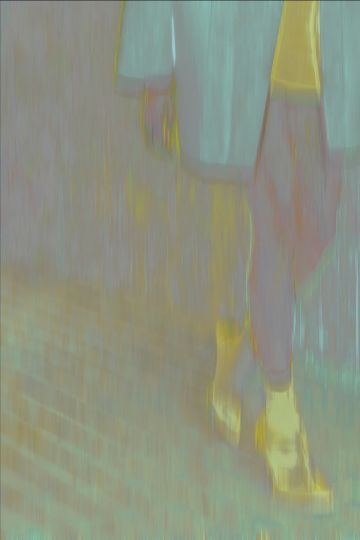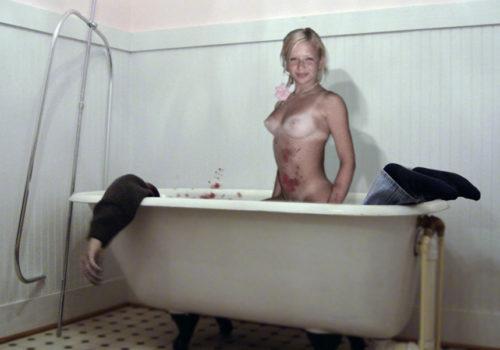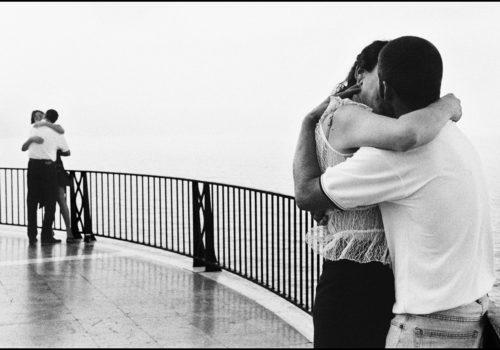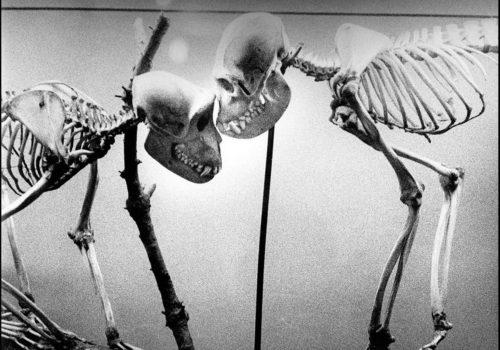On the trail of international reporting, the paths of photographers, journalists, doctors and humanitarians criss-cross on their assignments. We are in Lebanon, in 1982, when the photographer, José Nicolas got to know Bernard Kouchner. The Doctors of the World adventure began. José Nicolas followed this epic in several war-torn countries at the time, some others still do today. The exhibition follows his journey among the Mujahideens in Afghanistan, the boat people in the China Sea, the communities in Lebanon and the Peshmerga of Kurdistan.
This exhibition at the Argentic gallery in Paris is the witness to a time when photographers invested as much as the medical teams on journeys that lasted for weeks and with whom they shared the ideal of helping fellow humans in great difficulties, often at risk to their lives, and not being embarrassed about their right to intervene.
José Nicolas had noticed injustice from childhood.Born to a military father who travelled throughout Africa and a Lebanese-Moroccan mother, José arrived in France at the age of ten The way his parents, a mixed race couple, were regarded, the uprooting of his mother opened the eyes and the heart of the boy: his particular sensitivity to destinies disrupted by history stems from this first experience.
His journey seems to have been laid out in advance: he enrolled at the La Flèche military academy and then joined the Parachute Units. In 1978, just twenty-two years old, he is on operations with Special Forces units in South Lebanon; in 1979 he is with the intervention in the Central African Republic after the ousting of Bokassa. Yet, very quickly, on the ground, José extends his duty to serve his country with his eyewitness testimony and “arms himself” with a small camera.
This first personal look at populations trapped in conflict zones, is going to find an echo, in Beirut, in an improvised hospital. There, José has a decisive human encounter: that of Bernard Kouchner, a young “French doctor” at the bedsides of civilian victims of war. During leave from the military, he offers his services to the medical team, as a driver and an organiser in a city in flames; and at the same time, the amateur photographer records on film the suffering of the injured in the improvised operating theatres, their looks haunted by the fear of death. A photoreporter is born.
“A good photo, it’s a lot of luck, a little courage and a sense of composition”, he sums up simply today. In conflict zones, José Nicolas comes across the greats of photojournalism and learns from them when to press the shutter at just the right moment. In 1983, when he is on patrol in the Beirut streets the bullet from a sniper, perched high on a roof, passes through his body. He is discharged from military service aged twenty-nine years. A good age to become himself and devote himself to his real passion; war correspondent. He is free from now on, free to accompany Bernard Kouchner and Doctors of the World on all fronts, in Afghanistan, in Kurdistan and the China Sea…
The humanitarian lets him walk on his own two feet. One step is to confront danger, the other to bear witness. He joins the SIPA agency and sharpens his view. The knowledge of the terrain is a major asset for the reporter who instinctively senses the risks and can locate them, the hissing of the shell, the position of the rocket launcher. The values acquired in the army, too, “The solidarity and loyalty under fire, I learnt, in uniform, not to be content with spelling out the letters”. In 1987, the fate of the Vietnamese boat people marks him forever. Whole families, cast onto the sea in junks of fortune, are hoisted aboard the Doctors of the World ship, saved from certain death. For weeks José Nicolas covers this last-chance rescue and shows the world the exiles’ desolation: his images, tinged with tenderness, open hearts.
In 1994, when he is covering Operation Turquoise in Rwanda, the reporter is once again riddled with bullets. It is one wound too many, he packs up, leaves SIPA, and puts down his tripod at the foot of Mount Sainte Victoire near Aix-en-Provence. The father wants to take the time to watch his children grow up and to photograph them, turn his lens towards the light. It goes well, in the south, life sparkles. The sea, the vines, the craftsmen of the hinterland share their favours. One day, on assignment in Sète, a fisherman gives him some fish, wrapped in pages torn from one of the great magazines that often published his work. José learns a lesson in humility and wisdom. There’s joy here, on this beach where the cannon aren’t booming. He puts down his camera and shares a glass of rosé and some grilled sardines with the fisherman.
Today, José Nicolas lives in Normandy and devotes himself to more personal work.Under the eye of his new companion, stemming from the artistic environment, that pushes him towards internal reflection; he looks for the magic of the moment, revisits his photographic archives, takes pleasure in producing books. French Doctors, published by La Martinière with a preface by Bernard Kouchner, is evidence of this willingness to put together the jigsaw puzzle of his life, to press the juice out of his journey, to extract its meaning. Sometimes the adventure demon, and his faithfulness to those who made it, catches up with the great reporter who returns to Afghanistan or Africa. But his life is elsewhere from now on. The world’s beauty attracts him more than its chaos, the thirst for serenity takes precedence over the urge to talk, the will to unravel the mystery of existence outweighs the risk of losing it. Trembling black and white prints, silver-based analogue photographs, miniature paintings of odes to nature point to a sensitive climax to a life of adventures. The great traveller no longer paces the pathways to war. He walks on new roads, explores secret routes that lead to the interior.
Catherine Lalanne
Catherine Lalanne is editor-in-chief of the monthly magazine Pèlerin. She lives and works in Paris.
José Nicolas, French Doctors
From 23rd November to 30th December 2017
Galerie Argentic
43 rue Daubenton
75005 Paris
Book published by La Martinière
29€

